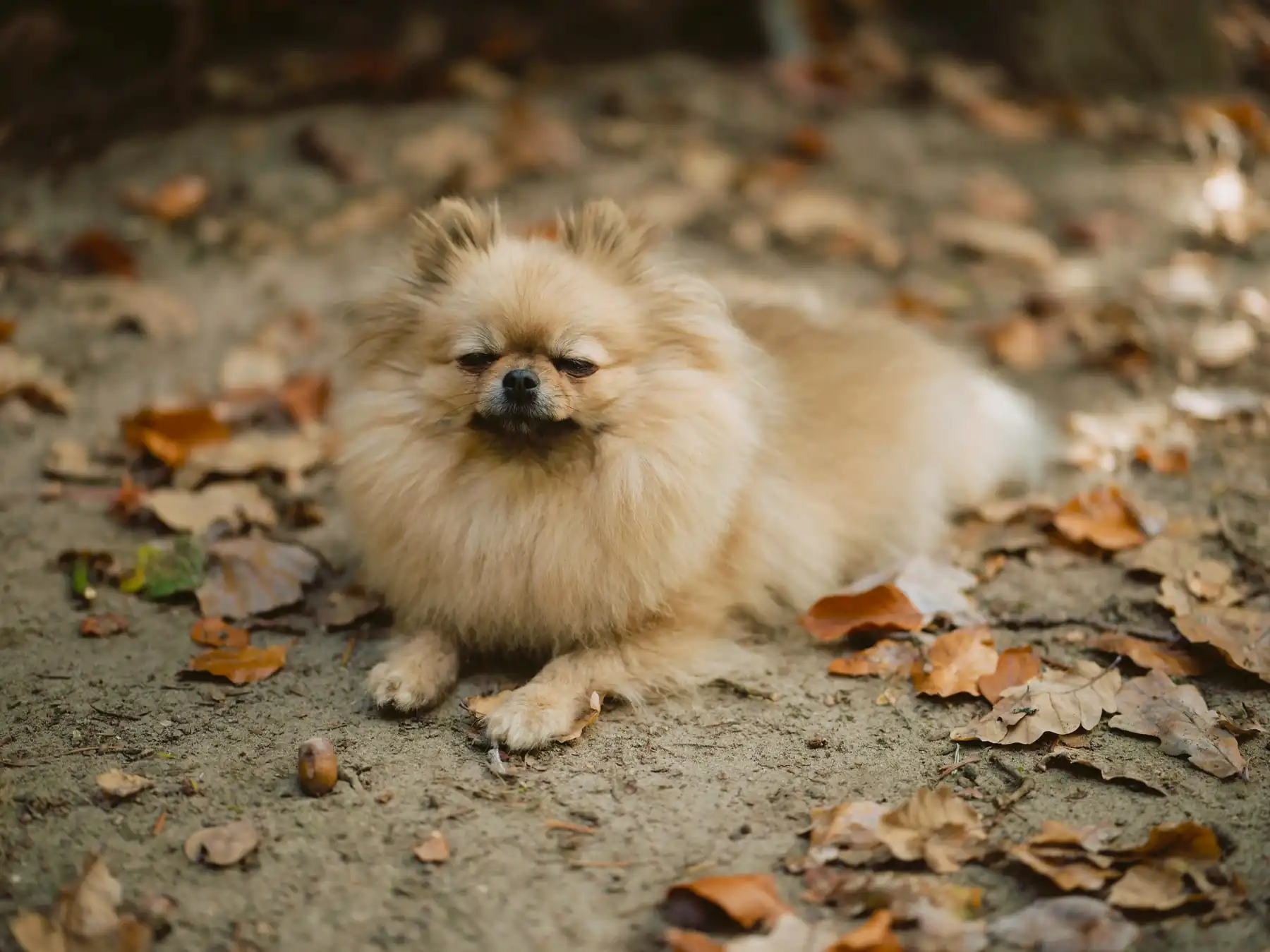
As the crisp fall air settles in and the days grow shorter, pet owners often face unique challenges when it comes to keeping their furry companions safe. At Oklahoma Veterinary Specialists, we are committed to educating pet owners about the seasonal hazards that can pose serious risks to the health of their pets. Fall is a time when rodenticides, cold weather poisons, toxic mushrooms, and encounters with wildlife are more prevalent, each presenting distinct dangers. Here, we explore these threats and provide guidance on how to keep your pets safe during this time of year.
Rodenticides, commonly known as rat poisons, are widely used during the fall as rodents seek shelter in homes and garages. These poisons are highly toxic to pets, particularly dogs and cats who may accidentally ingest them. The primary types of rodenticides include:
Pet owners should be vigilant about keeping rodenticides out of reach. Even if not directly accessible, secondary poisoning can occur if a pet consumes a rodent that has ingested poison. If you suspect your pet has ingested rodenticide, immediate veterinary care is crucial. Treatment typically involves decontamination, activated charcoal administration, and supportive care like IV fluids and medications to manage symptoms.
As temperatures drop, antifreeze (ethylene glycol) and ice melts become more common in households. Unfortunately, these substances are extremely toxic to pets.
Mushrooms flourish in the damp, cool conditions of fall. While many mushrooms are harmless, some are highly toxic and can pose a severe threat to pets. The toxicity of mushrooms varies, with some causing gastrointestinal upset, while others can lead to liver failure, neurological symptoms, or even death.
Common toxic varieties include:
Because it can be difficult to identify mushrooms accurately, it is best to assume all wild mushrooms are toxic and prevent your pets from eating them. If ingestion occurs, prompt veterinary attention is required, as treatments may include decontamination, activated charcoal, and symptomatic care.
As wildlife prepares for winter, encounters between pets and wild animals can increase. Squirrels, raccoons, skunks, and even snakes may come closer to residential areas in search of food and shelter, potentially leading to dangerous interactions.
To reduce the risk of encounters, supervise your pets outdoors and avoid areas known for wildlife activity. Keeping your yard clear of food scraps and sealing entry points to garages and sheds can also help deter wildlife from coming too close.
Fall is a beautiful season, but it also brings a variety of hidden dangers for pets. By understanding the risks associated with rodenticides, cold weather poisons, toxic mushrooms, and wildlife encounters, you can take proactive steps to keep your pets safe. Always supervise your pets closely, keep harmful substances out of reach, and seek immediate veterinary care if you suspect exposure to any toxins.
Your pet’s health and safety are our top priority at Oklahoma Veterinary Specialists. If you have any questions or concerns, or if you need assistance with any pet health emergencies, please don't hesitate to contact us. Stay safe and enjoy the season with your furry friends!